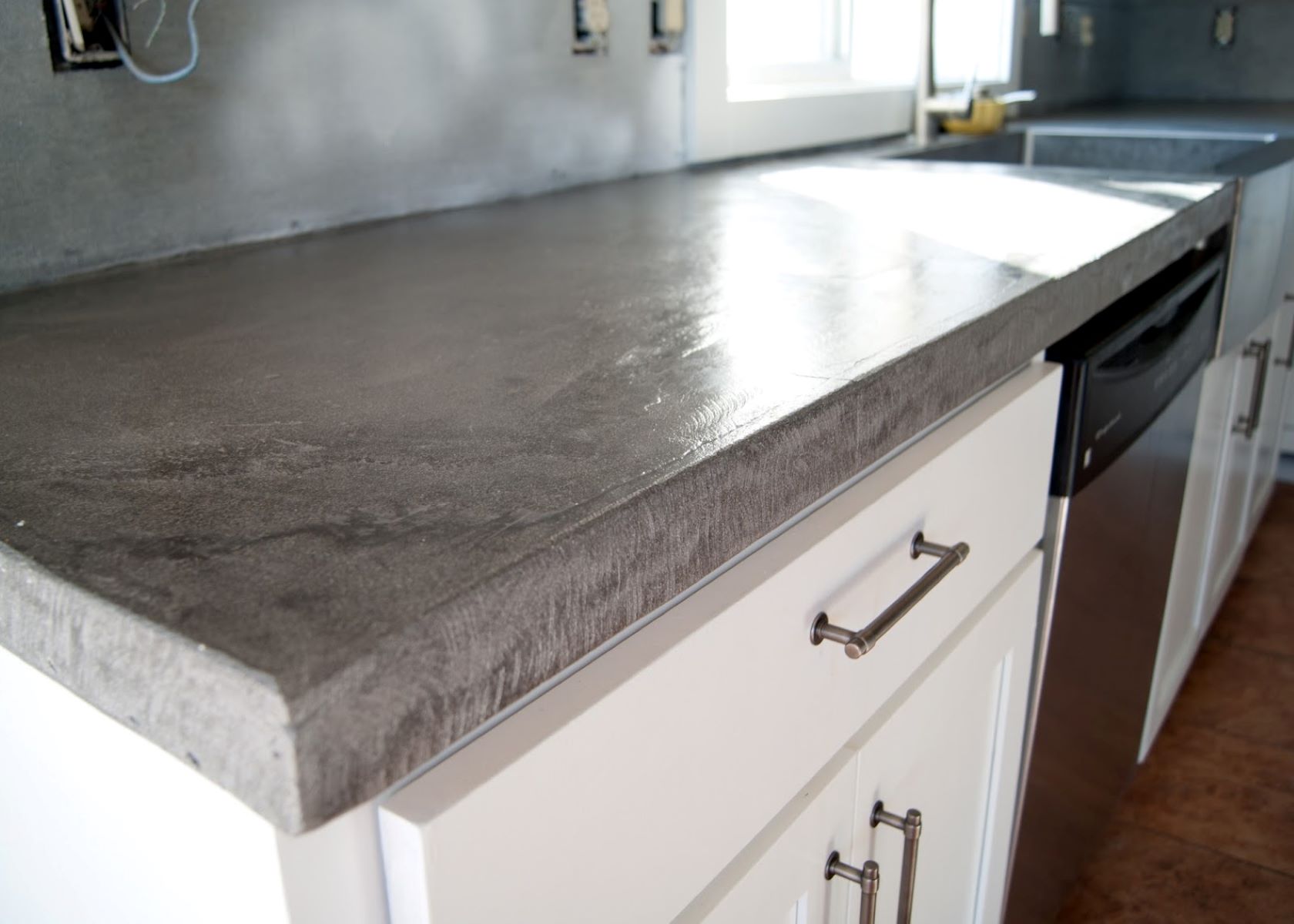

Articles
What Type Of Concrete For Countertops
Modified: December 7, 2023
Discover the best type of concrete for countertops in this informative article. Explore different options and find the perfect solution for your countertop needs.
(Many of the links in this article redirect to a specific reviewed product. Your purchase of these products through affiliate links helps to generate commission for Storables.com, at no extra cost. Learn more)
Introduction
When it comes to choosing the right type of concrete for countertops, there are several factors to consider. Whether you’re looking for a simple gray concrete or something more distinctive like colored concrete or glass fiber reinforced concrete (GFRC), it’s important to understand the different options available.
Concrete countertops have gained popularity in recent years due to their versatility and durability. They offer a unique and customizable option for kitchen and bathroom surfaces. However, not all concrete is created equal, and the type of concrete you choose can greatly impact the final result of your countertops.
In this article, we will explore the various types of concrete commonly used for countertops, highlighting their characteristics, benefits, and considerations. By understanding the different options, you can make an informed decision and achieve the perfect look and functionality for your countertops.
Key Takeaways:
- When choosing concrete for countertops, consider factors like durability, appearance, customization, maintenance, and budget. From regular gray to engineered concrete, each type offers unique benefits to suit your specific needs and style.
- Whether you prefer the classic appeal of regular gray concrete or the vibrant possibilities of colored concrete, understanding the characteristics of each type will help you make an informed decision. Proper sealing and maintenance are essential for preserving the appearance and longevity of your chosen concrete countertops.
Read more: What Type Of Concrete Is Best For A Driveway
Factors to Consider When Choosing Concrete for Countertops
Before delving into the specific types of concrete for countertops, it’s essential to consider a few key factors. These factors will help you determine which type of concrete is best suited for your project and desired outcome:
- 1. Durability: One of the primary considerations is the durability of the concrete. Countertops are subjected to daily wear and tear, such as heat, spills, and impact. Choosing a type of concrete with high strength and resistance to these factors is crucial for long-lasting countertops.
- 2. Appearance: Concrete countertops offer a wide range of aesthetic possibilities. Consider the look and finish you want to achieve. Do you prefer the natural gray color of regular concrete, or are you looking for something more vibrant with colored concrete? The appearance of the concrete will greatly influence the overall aesthetic of your space.
- 3. Customization: Concrete allows for extensive customization options. Some types of concrete, like GFRC and PMC, offer more flexibility in terms of design and texture. If you have specific design elements or patterns in mind, choose a concrete type that allows for greater customization.
- 4. Maintenance: Different types of concrete may require different levels of maintenance. Some concrete countertops may need to be sealed periodically to maintain their appearance and protect against stains. Consider the maintenance requirements of each type of concrete to determine how much effort you’re willing to put into upkeep.
- 5. Budget: The cost of the concrete and the installation process can vary depending on the type of concrete you choose. Take into account your budget and weigh it against the desired durability, appearance, and customization options.
By carefully considering these factors, you can narrow down your options and choose the type of concrete that best aligns with your needs, preferences, and budget. Now, let’s explore the different types of concrete for countertops and their unique characteristics.
Type 1: Regular Gray Concrete
Regular gray concrete is the most basic and commonly used type of concrete for countertops. It is made up of the primary ingredients of cement, sand, and aggregate. The simplicity of its composition gives it a classic and timeless appeal.
Regular gray concrete offers several benefits for countertop applications. It is known for its durability and strength, with the ability to withstand daily use and resist heat, stains, and scratches. This type of concrete also provides a smooth and uniform surface, which can be polished to achieve a glossy finish or left with a more natural matte look.
One of the advantages of regular gray concrete is its affordability compared to other types of specialized concretes. It is widely available and typically costs less than colored or specially formulated concretes. This makes it an attractive option for those working with a tighter budget.
While regular gray concrete offers simplicity and durability, it may lack the visual appeal and customization options of other types of concrete. Its natural gray color can be enhanced with the use of stains or dyes, but it may not offer the same level of vibrancy as colored concrete. Additionally, the surface texture of regular gray concrete may be limited compared to more specialized formulations like GFRC or PMC.
Regular gray concrete requires proper sealing to prevent staining and retain its appearance over time. It is important to follow the manufacturer’s instructions for sealing and maintenance to ensure the longevity of your countertops.
If you prefer a classic and timeless look for your countertops and prioritize durability and affordability, regular gray concrete is an excellent choice. Its simplicity and strength make it a reliable and versatile option that can complement various design styles and withstand the demands of daily use.
Type 2: Colored Concrete
Colored concrete offers a vibrant and dynamic option for countertops, allowing you to incorporate your desired hue directly into the material. This type of concrete is achieved by adding pigments or dyes during the mixing process, resulting in a wide range of color options to choose from.
One of the key advantages of colored concrete is its ability to create a visually striking and unique countertop. Whether you want a subtle earth-toned shade or a bold and vibrant color, colored concrete allows for endless possibilities. The color is not just on the surface but is infused throughout the entire countertop, ensuring that any chips or scratches will not reveal an unsightly contrast.
Colored concrete not only adds visual interest but also enhances the overall design and aesthetic of your space. It can be used to complement or contrast with other elements in your kitchen or bathroom, creating a cohesive and eye-catching look.
In addition to its visual appeal, colored concrete retains the same durability and strength as regular gray concrete. It is resistant to heat, stains, and scratches, making it suitable for high-traffic areas. The ability to customize the color of the concrete adds a personal touch and allows you to create a countertop that truly reflects your style and personality.
When choosing colored concrete, it is important to consider the type and quality of the pigments or dyes used. Opt for high-quality materials that are specifically formulated for concrete applications to ensure long-lasting color that resists fading over time.
Colored concrete may require additional sealing and maintenance to preserve its appearance. Like regular gray concrete, it is essential to follow the manufacturer’s recommendations to maintain the vibrancy and integrity of the color.
If you want to make a bold statement with your countertops and add a pop of color to your space, colored concrete is an excellent choice. It offers versatility, durability, and the opportunity to showcase your personal style. With the wide range of colors available, you can create a truly unique and eye-catching countertop that becomes the centerpiece of your kitchen or bathroom.
When choosing concrete for countertops, use a high-strength mix with a low water-cement ratio to minimize shrinkage and increase durability. Consider adding fibers or a polymer to improve strength and reduce cracking.
Type 3: Glass Fiber Reinforced Concrete (GFRC)
Glass Fiber Reinforced Concrete (GFRC) is a specialized type of concrete that incorporates glass fibers to enhance its strength and flexibility. This type of concrete is an excellent choice for those seeking a lightweight yet durable countertop option.
The addition of glass fibers to the concrete mixture provides increased tensile strength and reduces the risk of cracking. This makes GFRC countertops highly resistant to bending, making them ideal for long and narrow spans without the need for additional supports.
One of the key benefits of GFRC is its versatility in terms of design and customization. The glass fibers allow for thinner and lighter countertop designs, making it easier to create intricate shapes, edges, and molds. GFRC also offers a wide range of texture options, from smooth to more textured finishes, which can be achieved through various casting techniques.
In terms of appearance, GFRC can mimic the look of natural stone or other materials. The surface of GFRC countertops can be colored using pigments or stains, giving them a more natural and realistic look. This allows for seamless integration with your existing kitchen or bathroom design.
Another advantage of GFRC is its high resistance to moisture and temperature fluctuations. It is less prone to warping or cracking due to changes in humidity or exposure to heat. This makes GFRC countertops suitable for outdoor kitchens or areas with high moisture content.
GFRC countertops do require proper sealing and regular maintenance to prevent staining and maintain their appearance. The use of a protective sealant helps to protect the surface and make it easier to clean and maintain over time.
While GFRC can be more expensive than regular gray or colored concrete, its unique properties and design possibilities make it a popular choice among homeowners and designers who want a lightweight and durable countertop option. If you’re looking for a customizable and innovative approach to your countertops, GFRC may be the ideal choice for you.
Read more: The Alchemy Of Concrete Countertop Creation
Type 4: Polymer Modified Concrete (PMC)
Polymer Modified Concrete (PMC) is a type of concrete that incorporates polymers into the mixture to enhance its properties and performance. This modification improves the durability, flexibility, and adhesion of the concrete, making it an excellent choice for countertops that require enhanced strength and resistance.
The addition of polymers to the concrete mixture provides PMC with increased tensile strength and flexibility. This makes PMC countertops resistant to cracking, impact, and surface damage, making them highly durable and suitable for high-traffic areas.
One of the key advantages of PMC is its enhanced adhesion properties. The polymer additives improve the bond between the concrete and other materials, such as fiberglass mesh or reinforcing bars. This allows for the creation of thinner and lighter countertops without compromising their strength or stability.
PMC countertops are highly customizable and can be designed to resemble a variety of materials, including natural stone or wood. The use of pigments or dyes can be added to the PMC mixture to achieve a wide range of colors and finishes. This makes PMC a versatile choice for those looking to create unique and visually appealing countertops.
In addition to its aesthetic qualities, PMC countertops also have excellent resistance to moisture and staining. The polymer additives improve the water repellency of the concrete, making it less prone to absorption and discoloration. This makes PMC suitable for use in kitchens and bathrooms where spills and moisture are common.
Like other types of concrete countertops, PMC requires proper sealing and regular maintenance to ensure its longevity and appearance. Following the manufacturer’s instructions for sealing and cleaning will help protect the surface and maintain its performance over time.
While PMC countertops may be more expensive than regular concrete options, their enhanced durability, flexibility, and adhesion make them a valuable investment. If you’re looking for a high-performance countertop that offers both strength and aesthetics, PMC is an excellent choice.
Type 5: Engineered Concrete
Engineered concrete, also known as ultra-high-performance concrete (UHPC), is a specialized type of concrete that offers exceptional strength, durability, and versatility. This type of concrete is specifically formulated to achieve superior performance characteristics, making it an ideal choice for countertops in both residential and commercial settings.
Engineered concrete is composed of a precise blend of cement, fine aggregates, fibers, and chemical admixtures. This unique combination results in a dense and compact material with extremely high compressive strength. Engineered concrete countertops can withstand heavy loads and resist cracks, making them highly durable and long-lasting.
One of the standout features of engineered concrete is its ability to achieve ultra-thin and lightweight designs. The high strength and compactness of the material allow for thinner countertop slabs without sacrificing structural integrity. This enables designers to create innovative and visually stunning countertop shapes and profiles.
Engineered concrete also offers exceptional resistance to heat, stains, and scratching. Its dense composition makes it resistant to moisture penetration, which means it is less likely to develop stains or water damage. This makes it an excellent choice for kitchen countertops that are subjected to frequent cooking and spills.
In terms of aesthetics, engineered concrete can be customized to suit various design preferences. It can be pigmented with a wide range of colors or stained to mimic the appearance of natural stone or other materials. The smooth surface can be polished to a mirror-like finish or textured for a more tactile appeal.
While engineered concrete offers exceptional performance and customization options, it is important to note that it is typically more expensive than other types of concrete. The specialized ingredients and manufacturing processes contribute to its higher cost. However, the long-term durability and captivating aesthetics of engineered concrete make it a worthwhile investment for those seeking a top-of-the-line countertop option.
Proper sealing and periodic maintenance are essential for preserving the appearance and performance of engineered concrete countertops. Following the manufacturer’s guidelines for sealing and cleaning will help protect the surface and ensure its longevity.
If you’re looking for a highly durable and visually striking countertop solution that offers exceptional performance, engineered concrete is an excellent choice. Its strength, versatility, and aesthetic appeal make it a standout option for both residential and commercial applications.
Conclusion
Choosing the right type of concrete for your countertops is a crucial decision that can greatly impact the overall look, durability, and functionality of your space. By considering factors such as durability, appearance, customization, maintenance, and budget, you can make an informed decision that aligns with your specific needs and preferences.
Regular gray concrete, with its simplicity and affordability, offers a classic and durable option for those seeking a timeless look. Colored concrete opens up a world of vibrant possibilities, allowing you to inject personality and style into your countertops. Glass Fiber Reinforced Concrete (GFRC) and Polymer Modified Concrete (PMC) provide unique characteristics, including enhanced strength, flexibility, and customization options.
For those seeking the ultimate in performance and versatility, engineered concrete offers exceptional strength, durability, and stunning aesthetics. With its ultra-high-performance qualities, engineered concrete can withstand heavy use and provide a visually striking centerpiece for your kitchen or bathroom.
Regardless of the type of concrete you choose for your countertops, proper sealing and regular maintenance are key to preserving their appearance and ensuring their longevity. Following manufacturer guidelines and using quality materials will help protect the surface and keep it looking its best for years to come.
Ultimately, the choice of concrete for your countertops should reflect your personal style, budget, and desired level of maintenance. By understanding the various types of concrete available and their unique features, you can make an informed decision and create the perfect countertops that suit your needs and enhance the beauty of your space.
Frequently Asked Questions about What Type Of Concrete For Countertops
Was this page helpful?
At Storables.com, we guarantee accurate and reliable information. Our content, validated by Expert Board Contributors, is crafted following stringent Editorial Policies. We're committed to providing you with well-researched, expert-backed insights for all your informational needs.
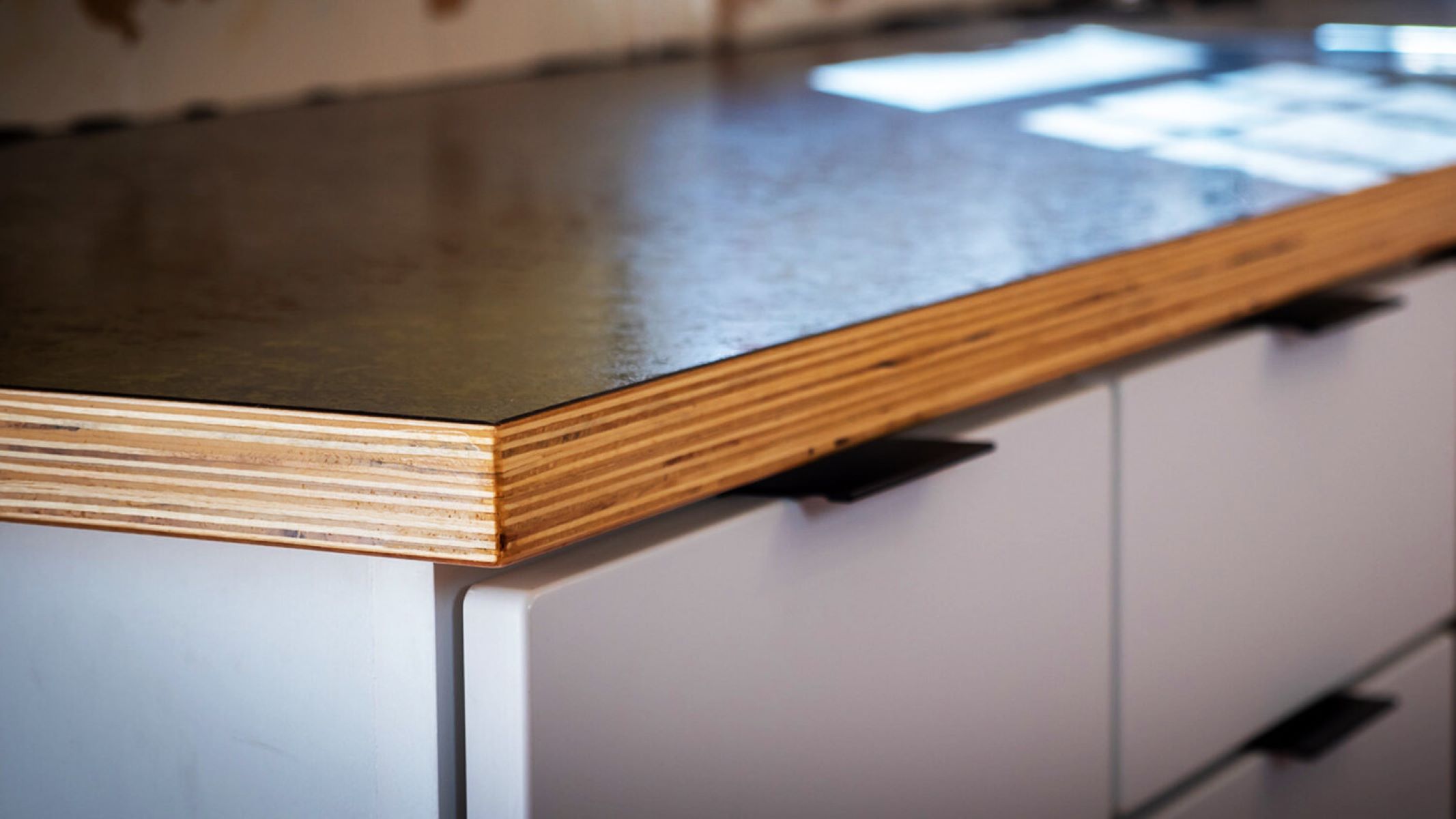
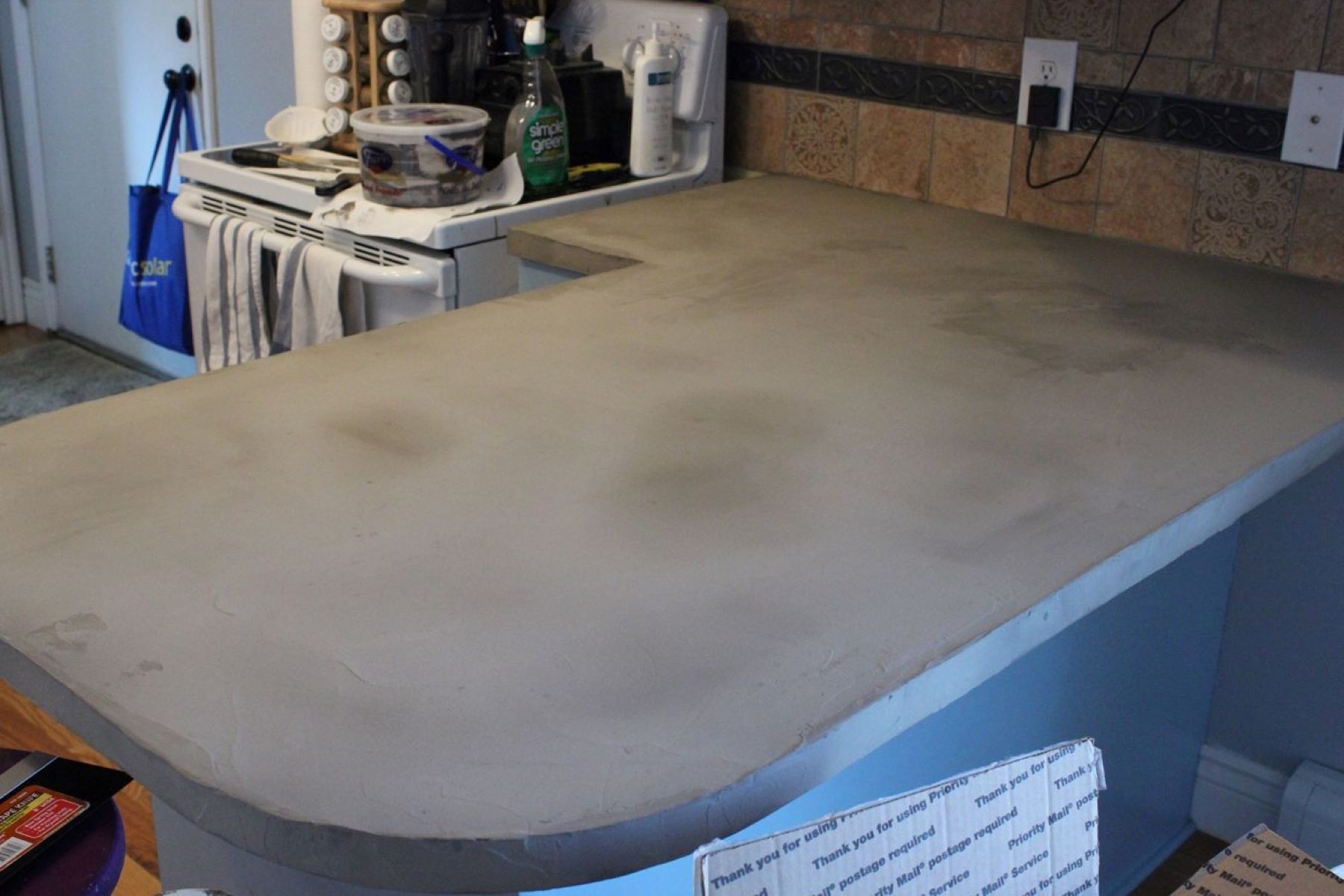
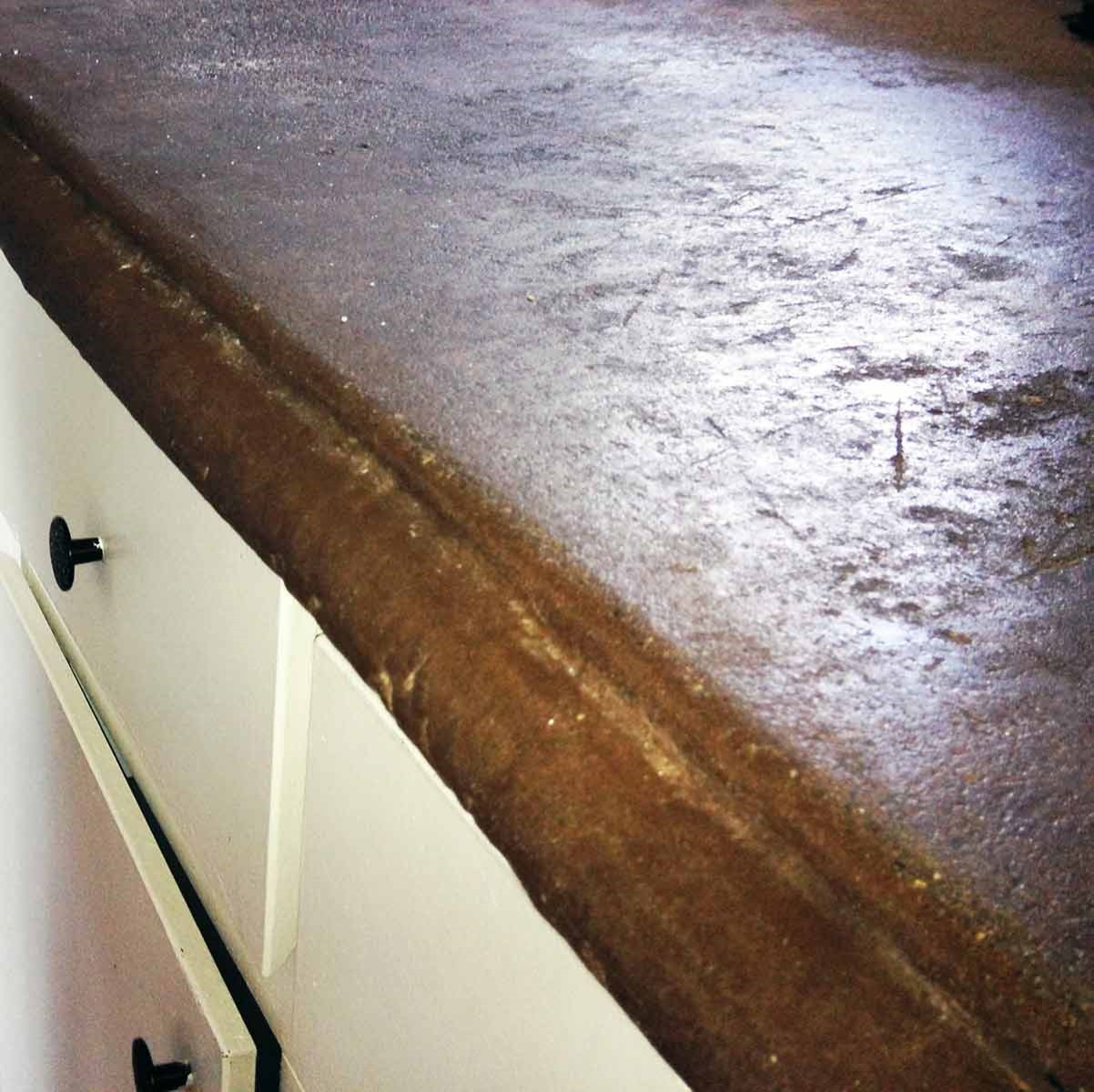
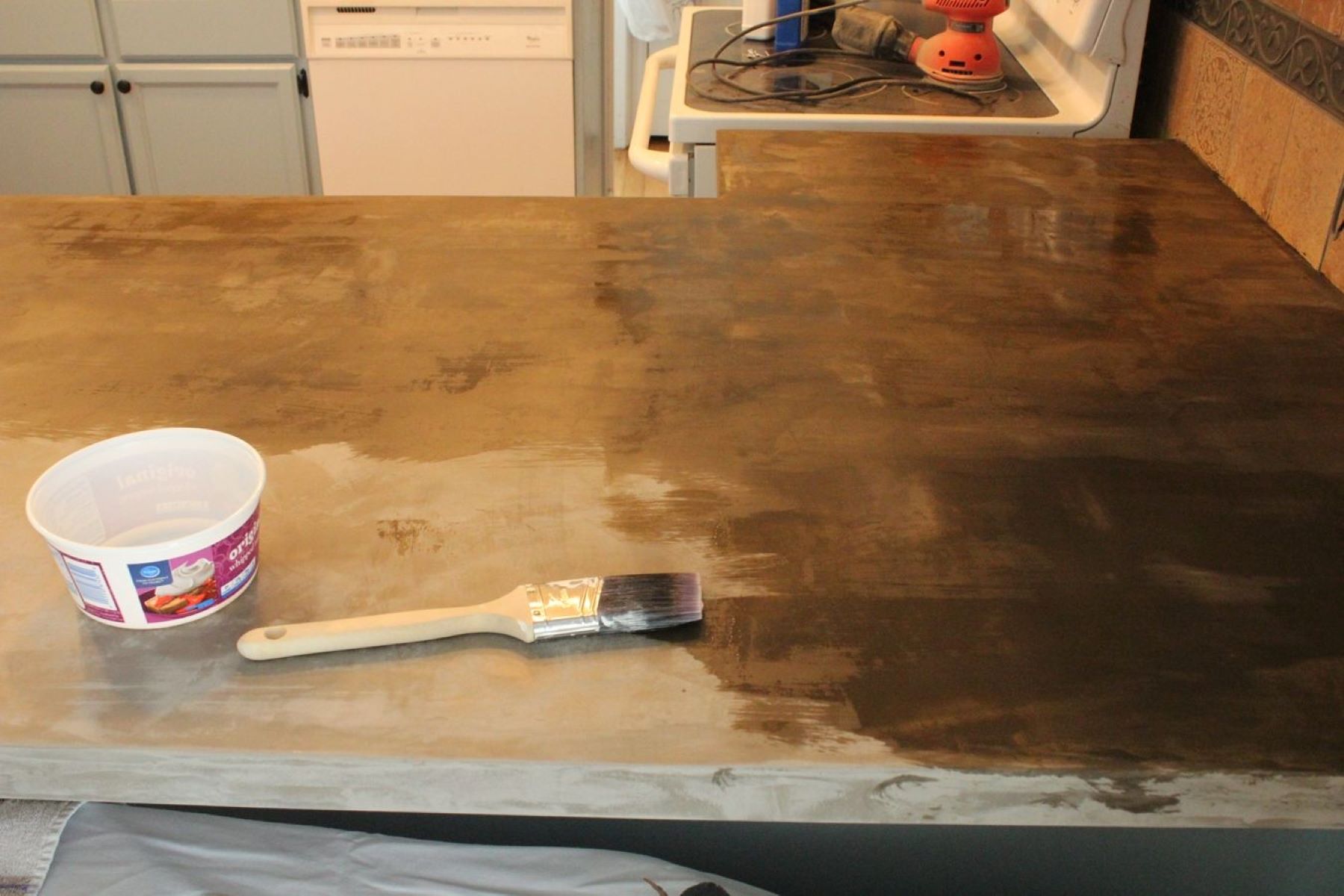
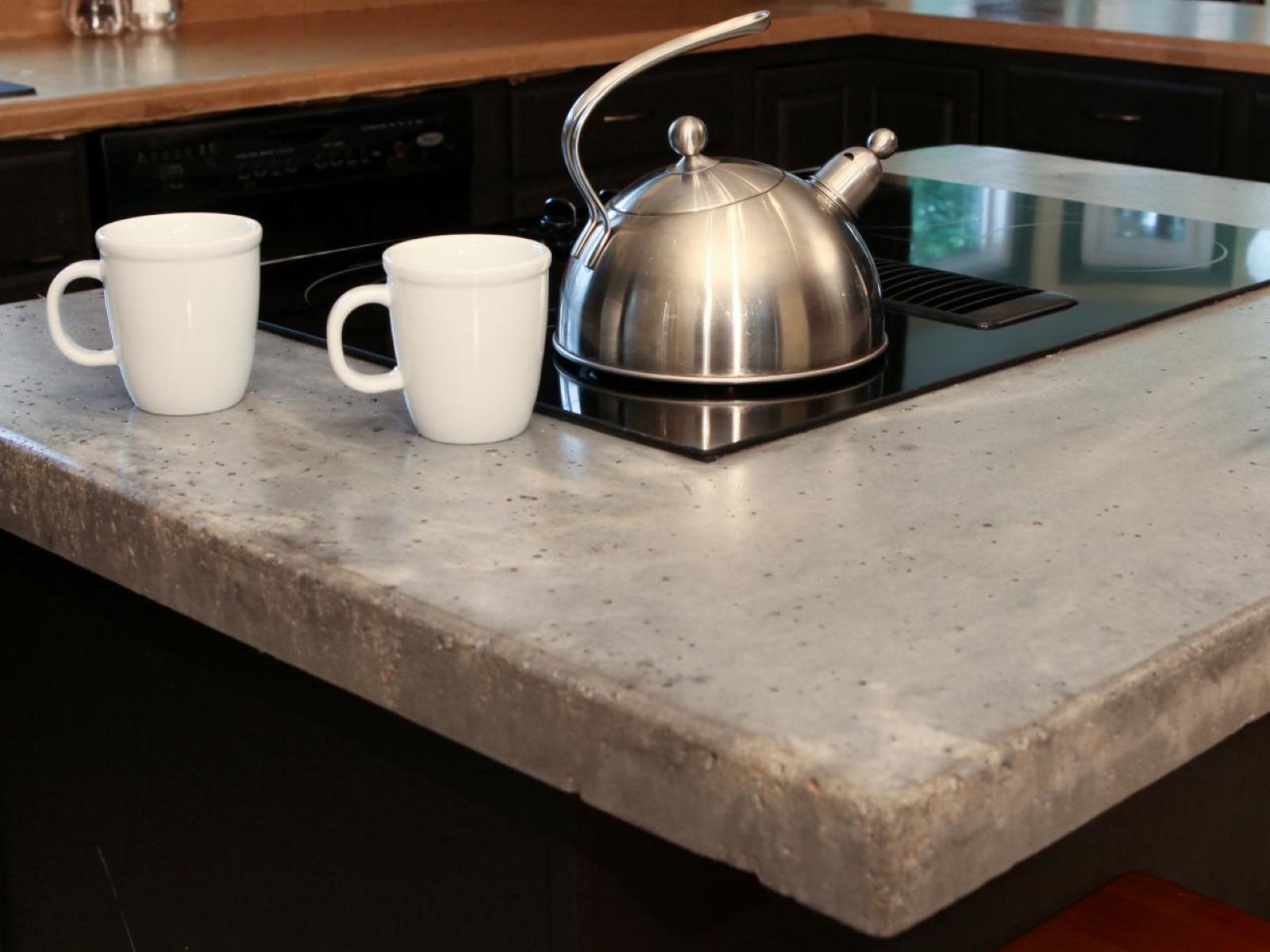
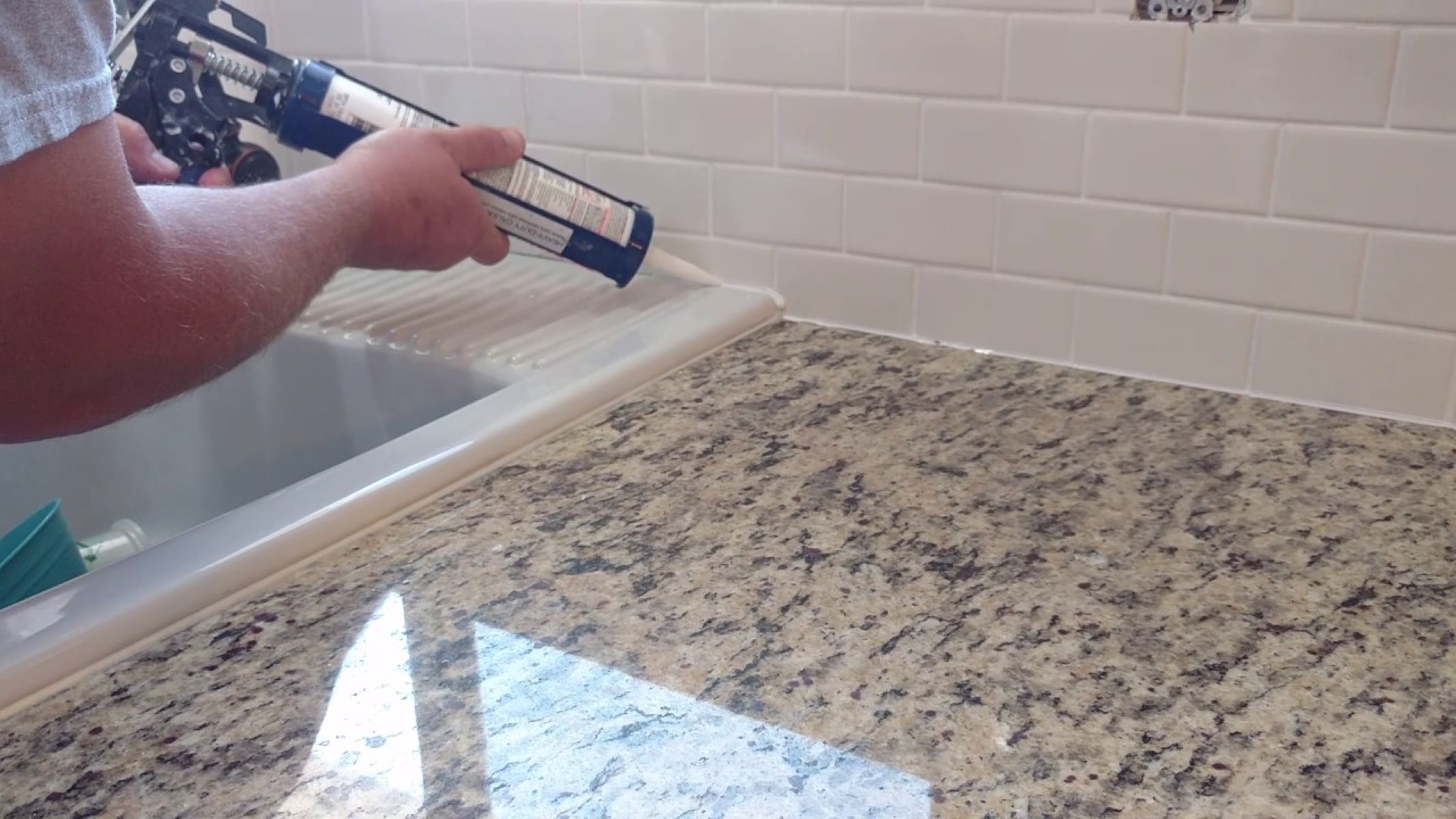
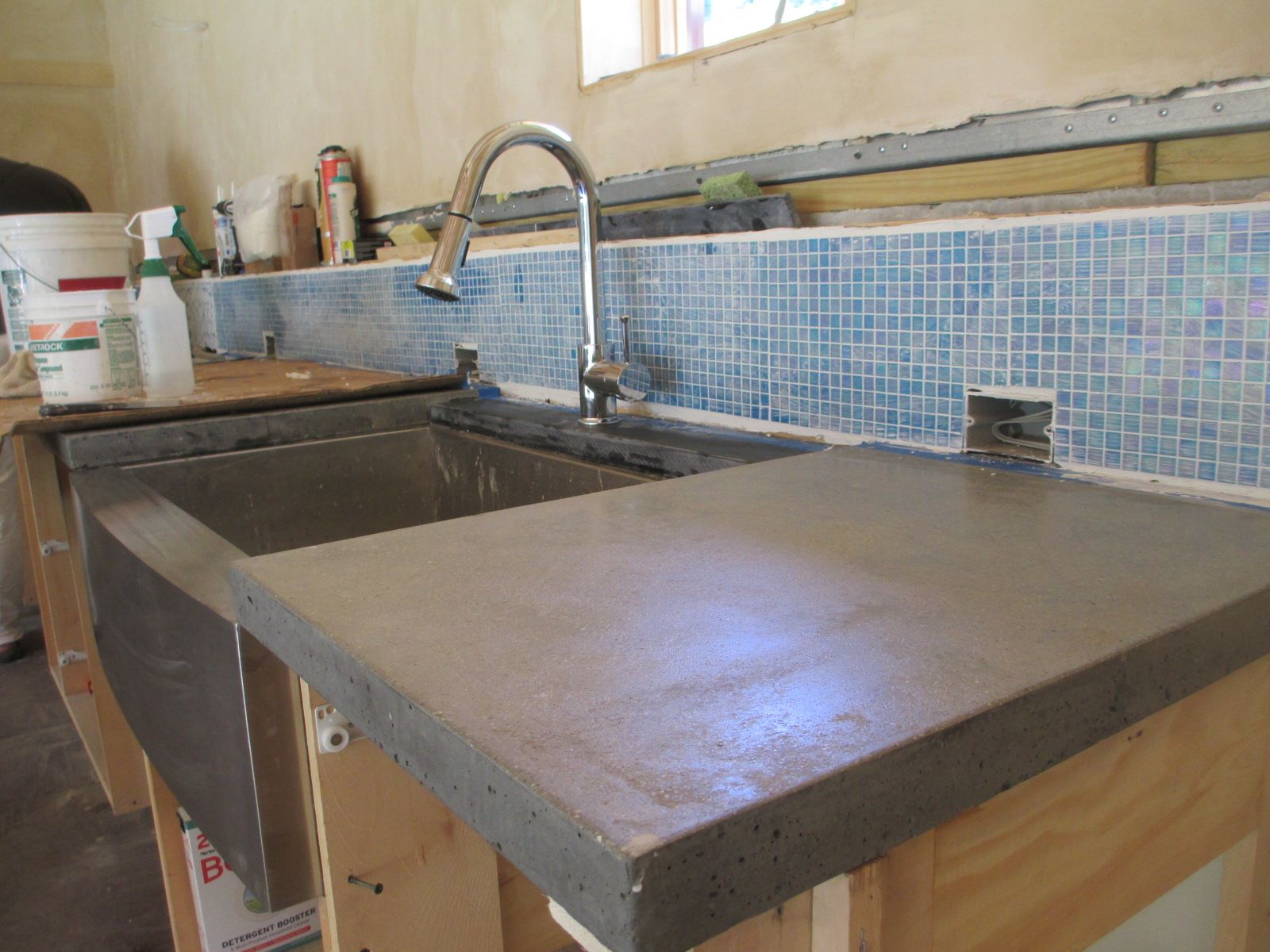
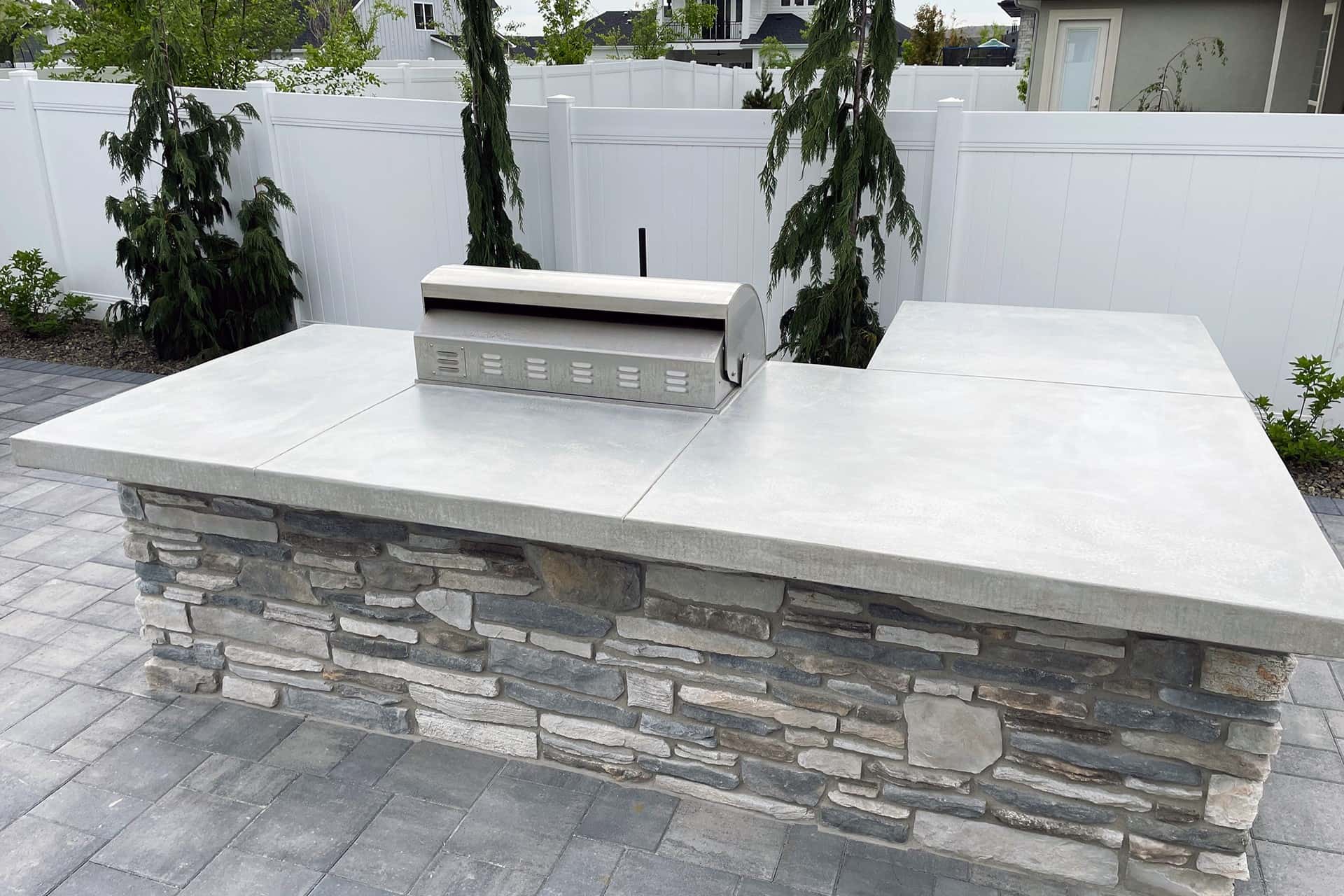
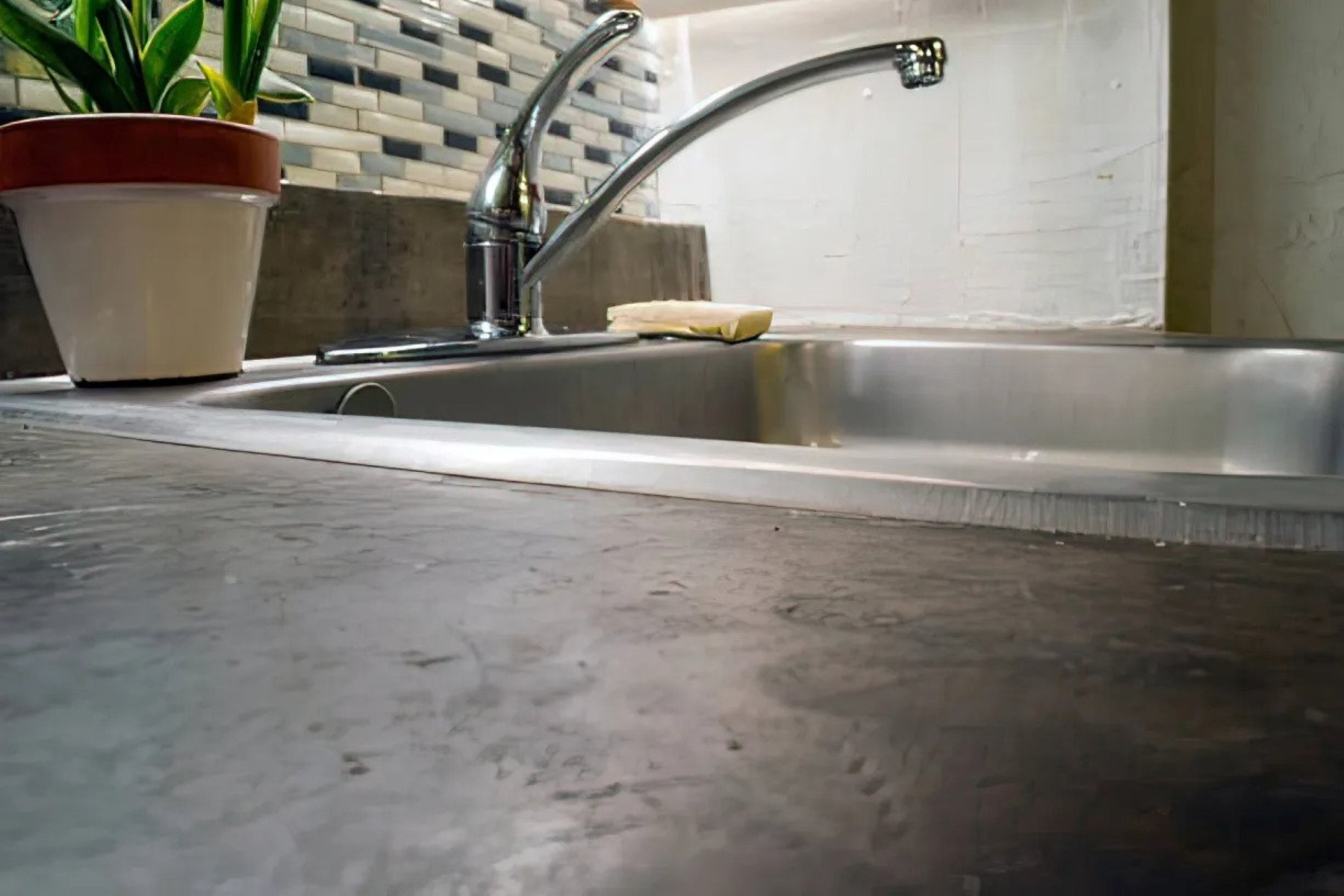
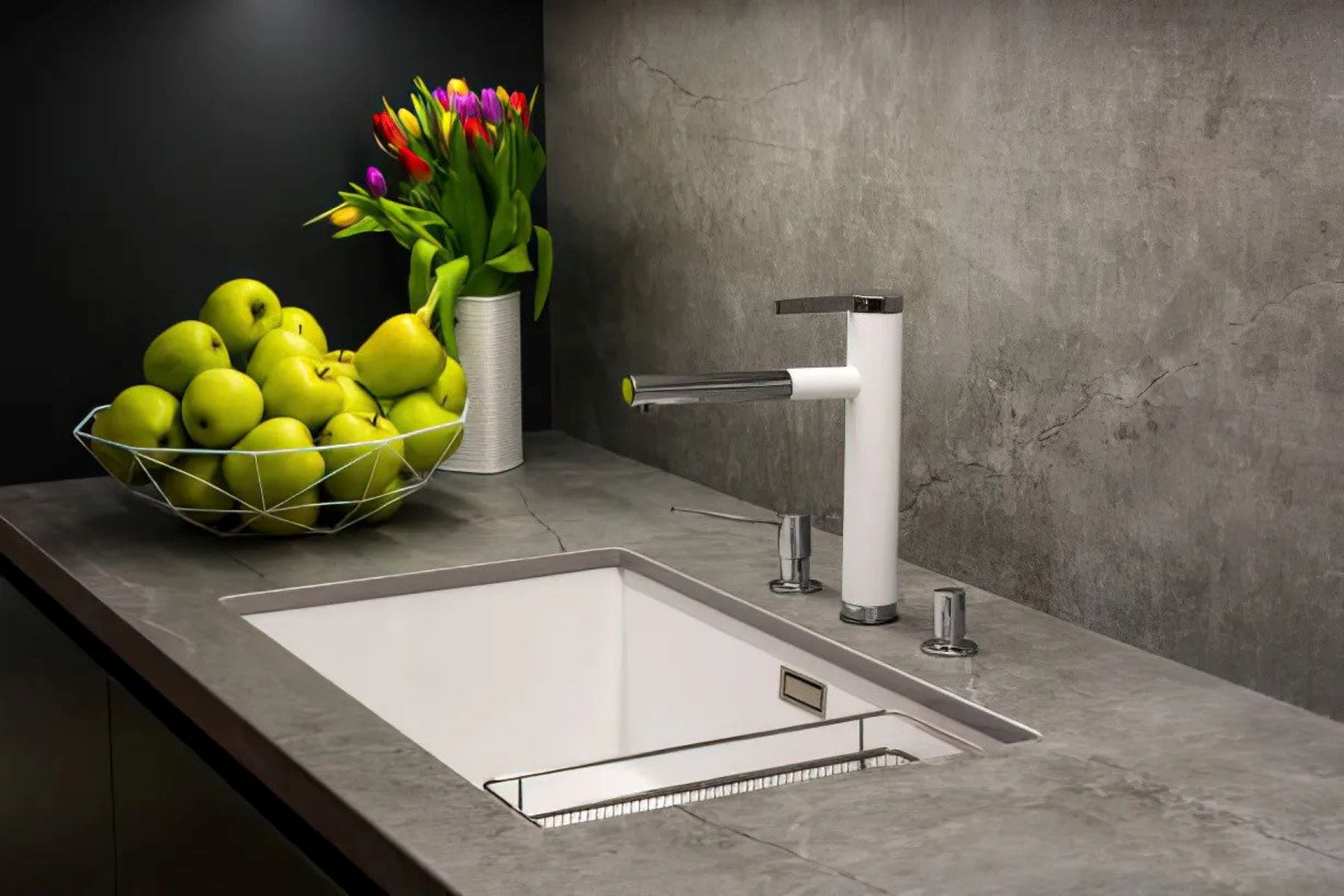
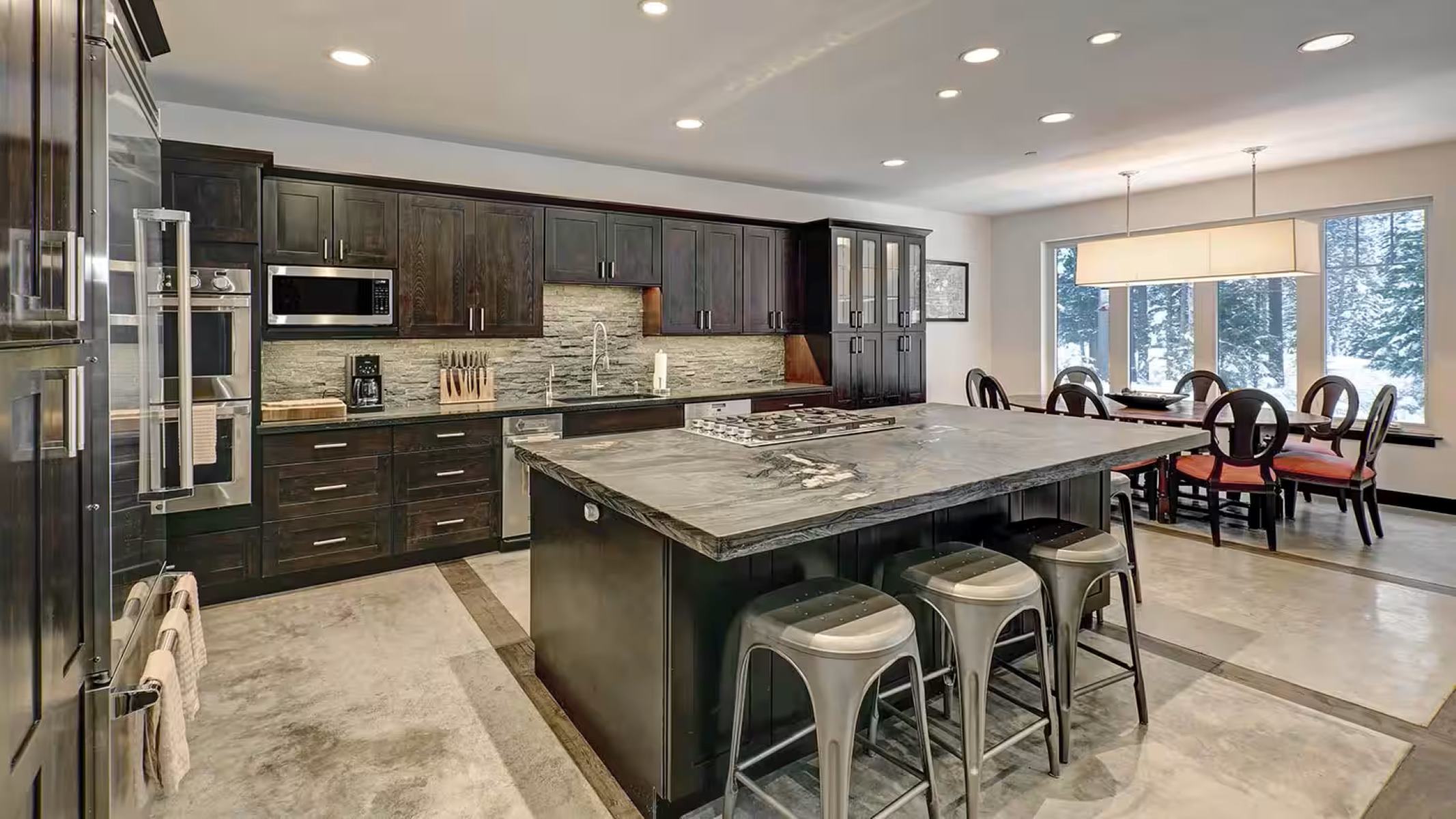
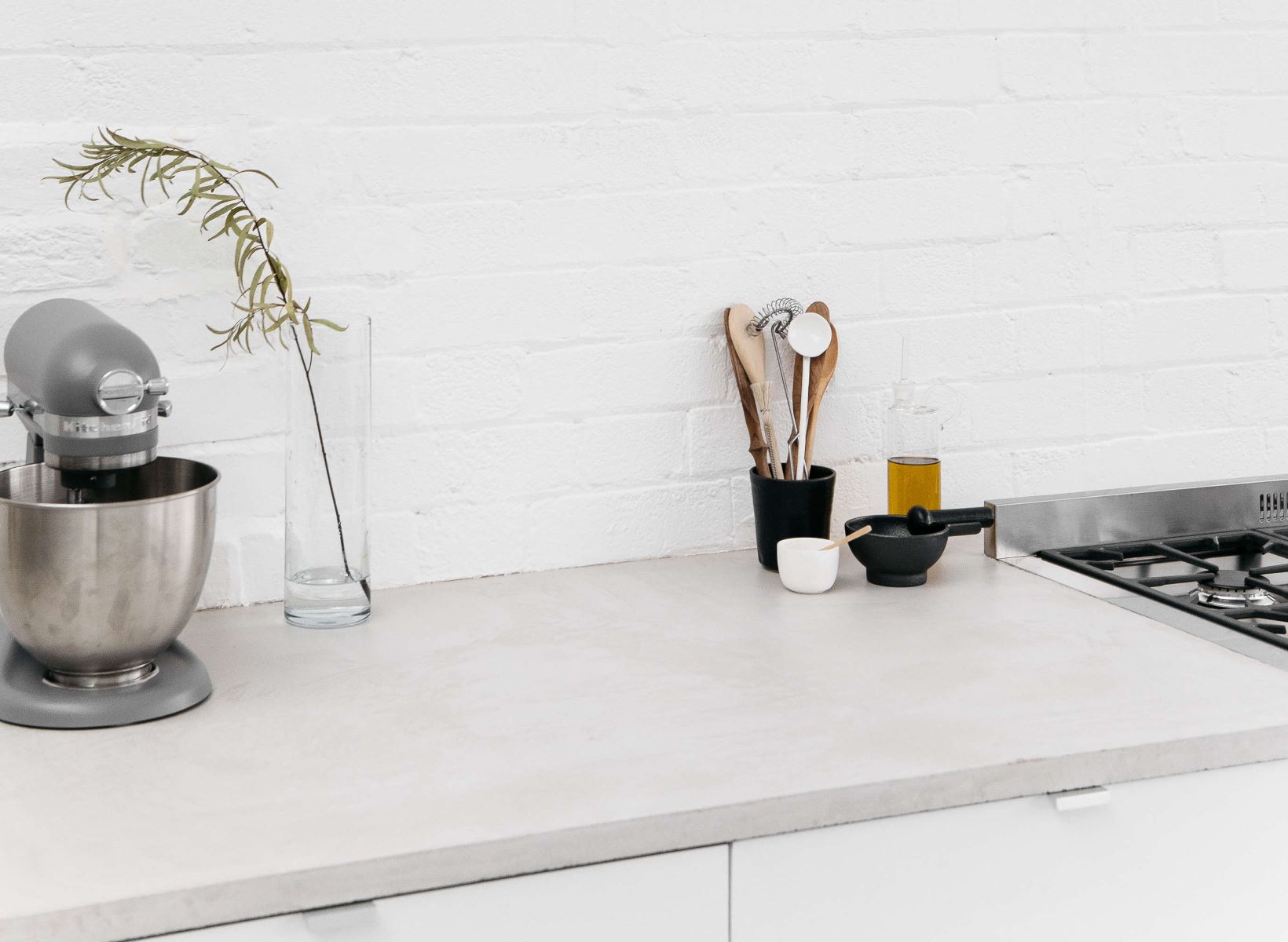
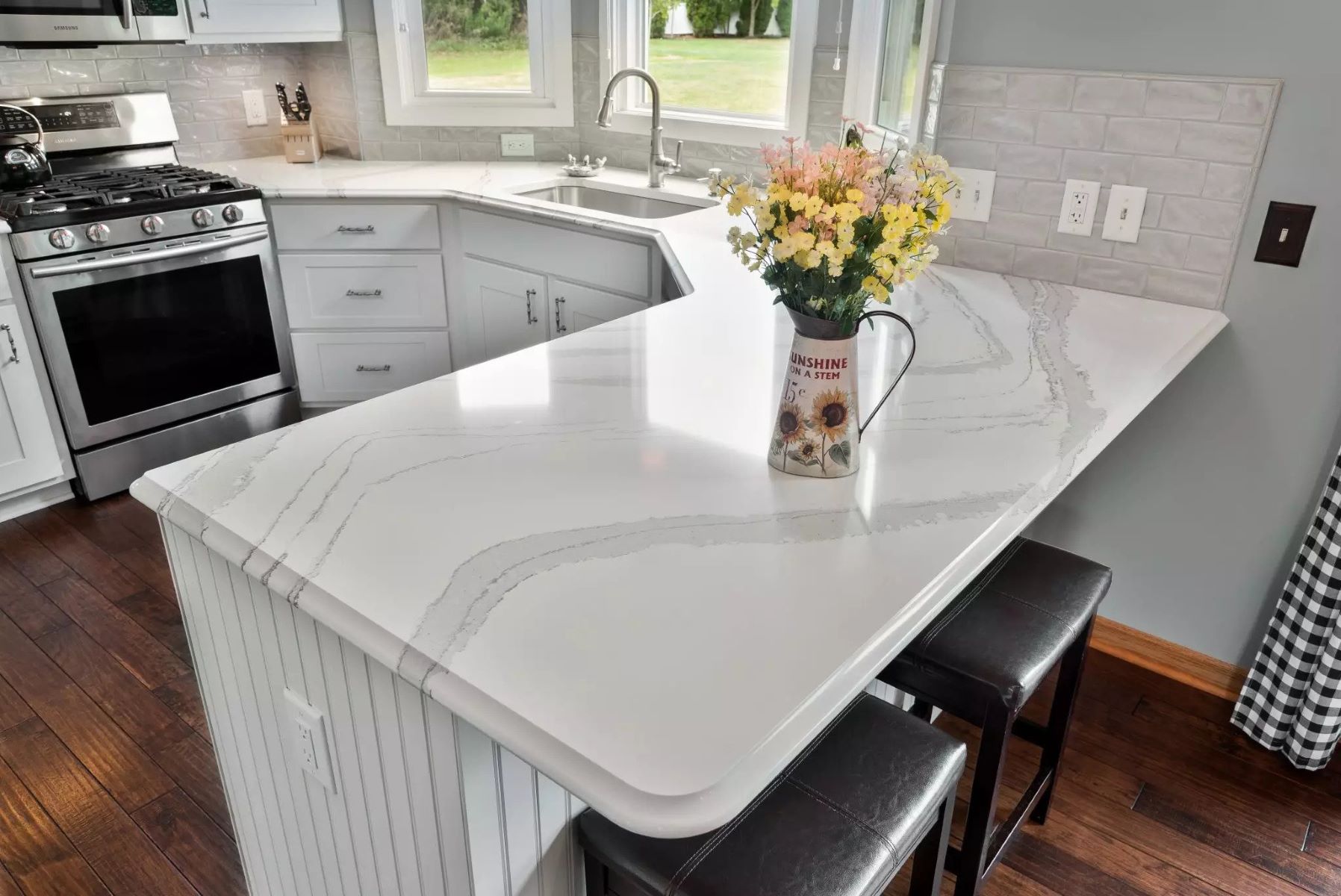
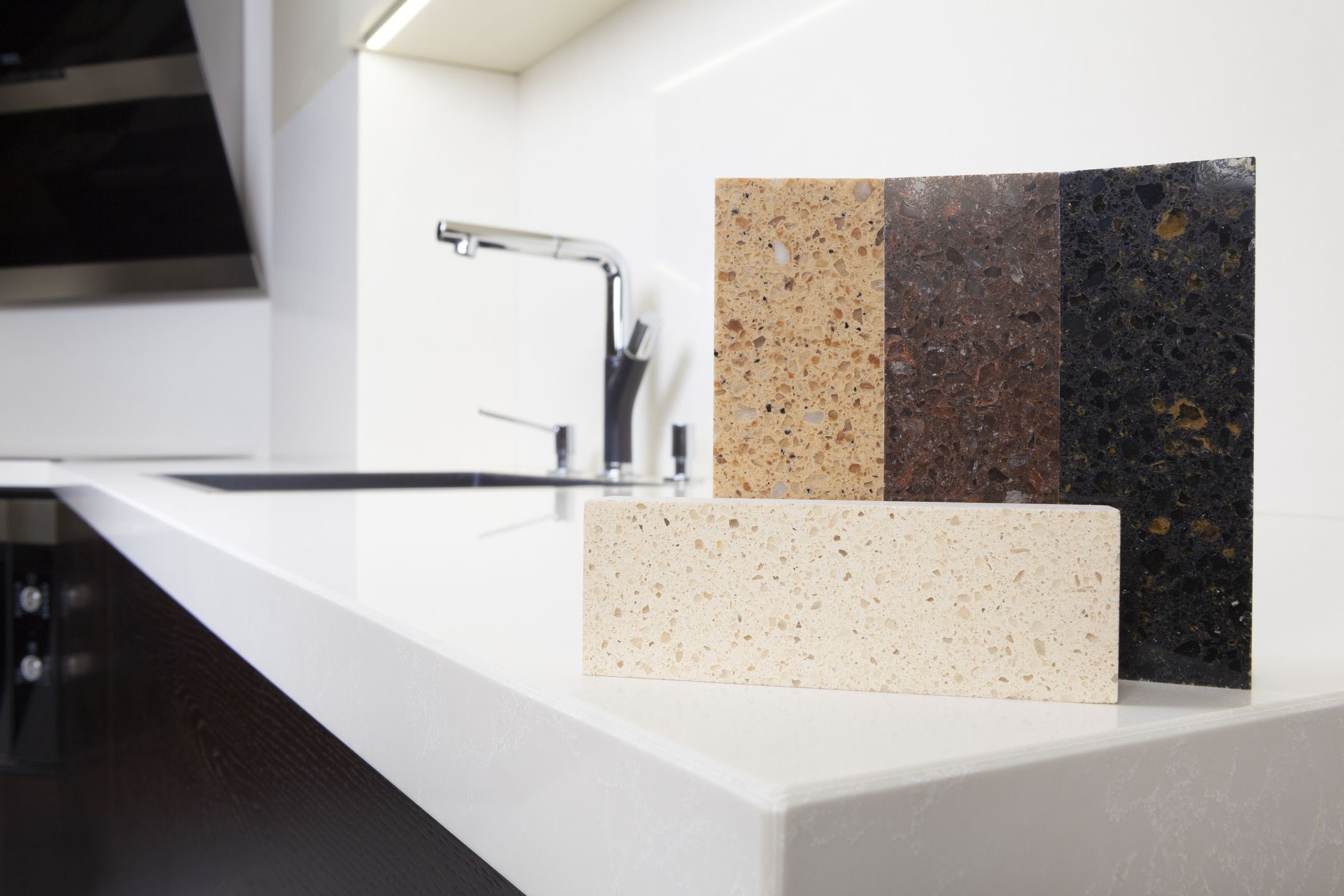

0 thoughts on “What Type Of Concrete For Countertops”